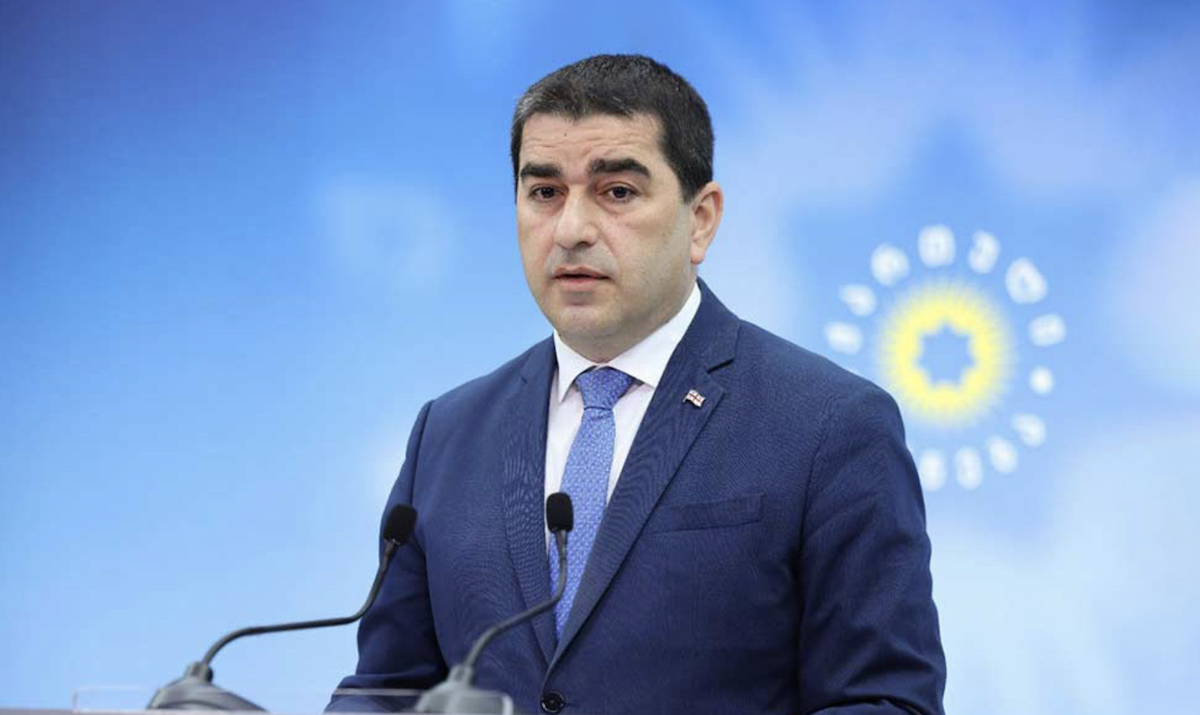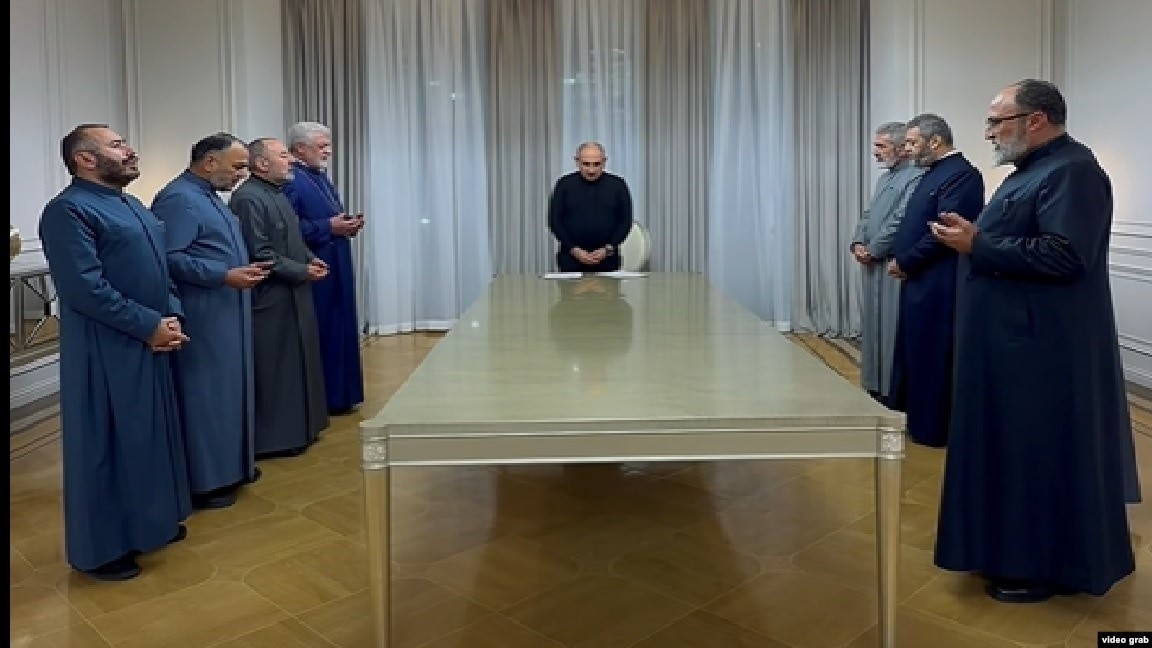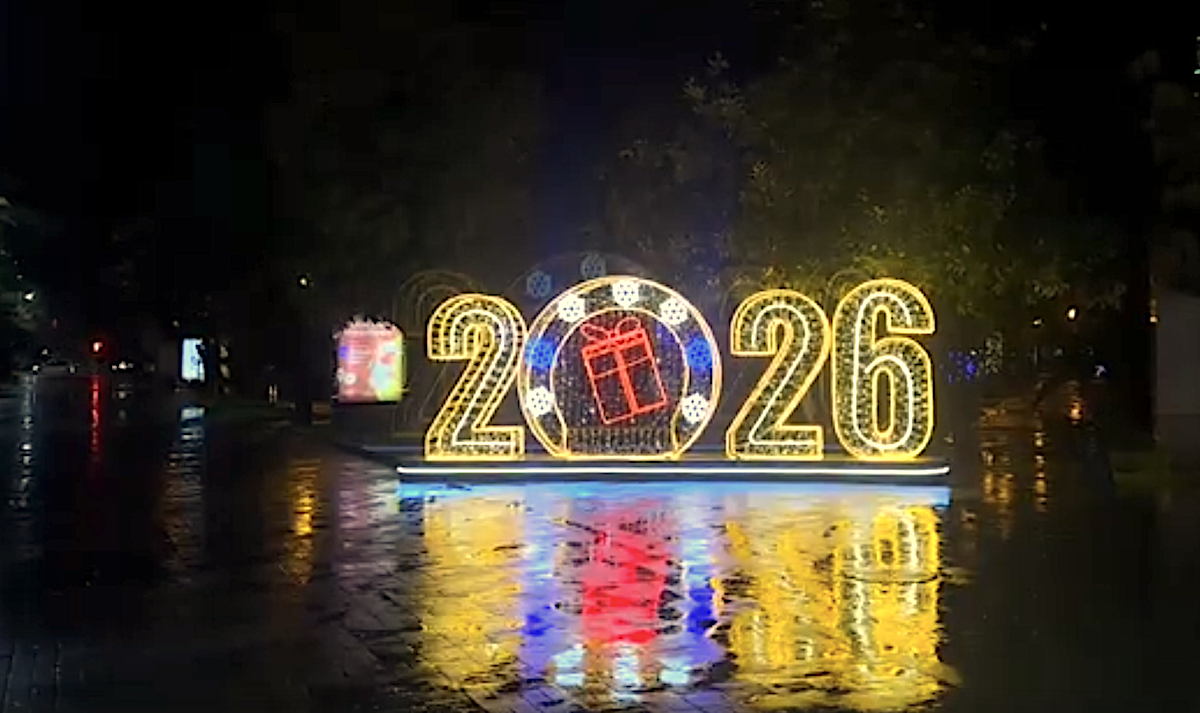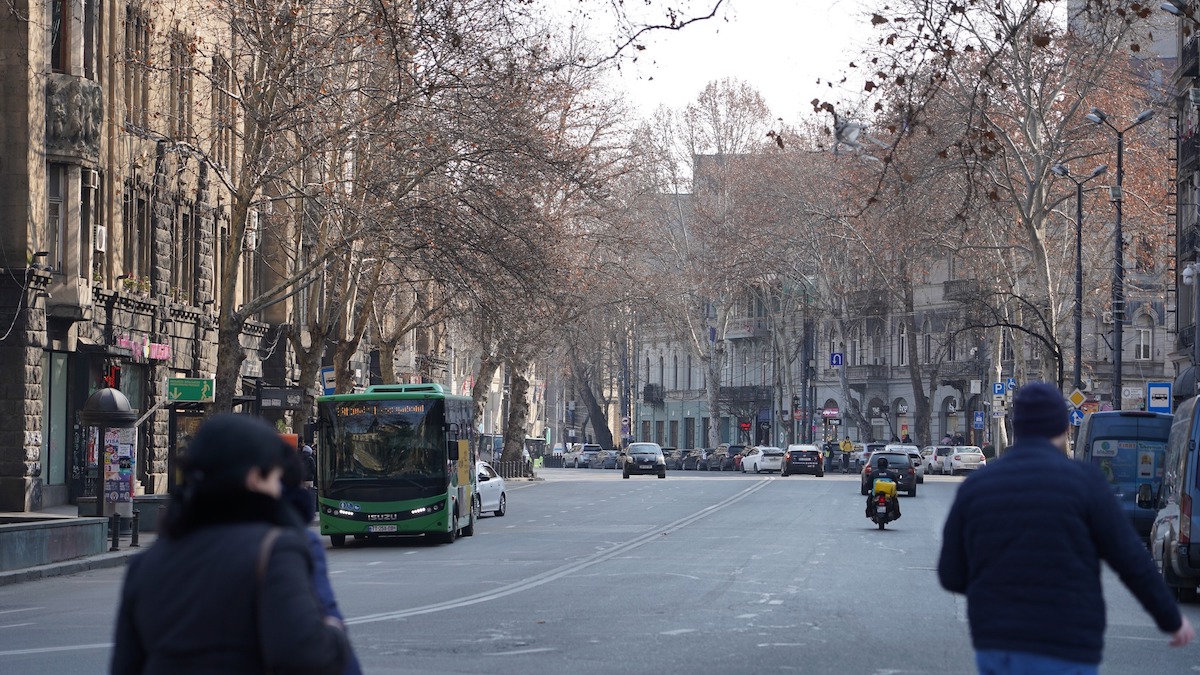Drivers in Armenia will not be fined for traffic violations
Prime Minister Nikol Pashinyan made a proposal to temporarily suspend the use of road radars and CCTV cameras. Accordingly, drivers will not be fined for a while for traffic violations recorded by these devices.
“I believe that people have already accumulated huge amounts of fines and they simply do not have the means to pay for everything. We need to think of a mechanism for zeroing debts and discuss the issue of the further effectiveness of radars and cameras. I think it is advisable to suspend or terminate them for a while,” said Nikol Pashinyan.
Taxi drivers who are periodically fined for illegal parking, driving without a fastened seat belt or for talking on their phones while driving have reacted positively to the proposal. Back when radars and cameras were implemented, they started protested from time to time. They complained that they were fined for no reason and that the fines became a way to ‘rob them of their money’ and that the fines were very high and incomparable with the level of their income.
However, not all consider the proposal to be positive one. Some believe that this will lead to chaotic driving and more traffic jams and accidents.
Some posts from social networks:
“Two accidents in three hours – two cars bowled over. The abolition of radars will dramatically reduce the population of the country.”
“I’m not against cameras in principle. But the amount of the fines should be reviewed. 2000 drams instead of 5000 [about USD 4 instead of USD 10] is permissible.”
“I am against the abolition of cameras and removing the traffic police. There will be a complete mess here, everyone will drive as they like. Just don’t break the rules and you won’t be caught by cameras.”
Lena Nazaryan, a parliamentarian from the Civil Contract party (headed by the Prime Minister,) said that Pashinyan’s statement on the suspension of cameras was made with the purpose of initialising discussions on topic:
“People are beginning to participate more actively, expressing their discontent or making proposals. At this point it is just an offer as I’m sure that the Prime Minister is considering the opinions expressed, and later on will sum it up after the discussions.”
Answering the accusation that the new government is engaged in populism by presenting proposals which are ‘music to the hear’, Lena Nazaryan said:
“Communication with society is very important because discussions are taking place and people are making suggestions. We may accept them or not, and other proposals may appear on this basis until a solution for the problem is found, and then all the worries are over.”
The parliamentarian believes that this problem has been ripe for discussion for a long time as drivers have been unhappy. Furthermore, Nazaryan believes that the proposal was more than just meeting the expectations of some people.
Another representative of the Civil Contract party, Hayk Tsirunyan, believes that he himself had also complained about the installation of radars eight years ago, but sees one subtle difference:
“Circumstances were so that I lived in Kiev for several years. While driving, I realized that there could be another culture of driving. There are no radars, almost no Road Patrol Service, but the traffic is ideal, no one makes unjustified violations, people respect each other and comply with all rules.
“In Yerevan the situation is different. Nowadays much has changed – more respect to one another, but still, a lack of a driving culture could be very clearly observed, as well as rudeness and beeping. Where there are no radars, people can go in the opposite lane at a speed of 180 km/h. Speed radars cannot be removed from Yerevan.
“Cameras should remain, and rather the logic of registration of violations must be changed: crossing of lines and other minor ‘corruption’ violations should not be registered, and also, the amount of fines should be reduced.”


















